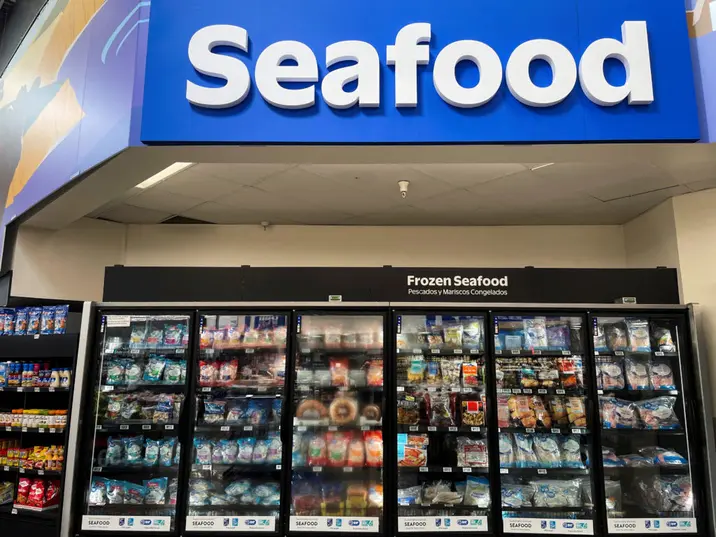T4K3.news
Shrimp recall expands amid contamination concerns
FDA expands recall of frozen shrimp tied to Cesium-137 with multiple brands and cross-border suppliers.
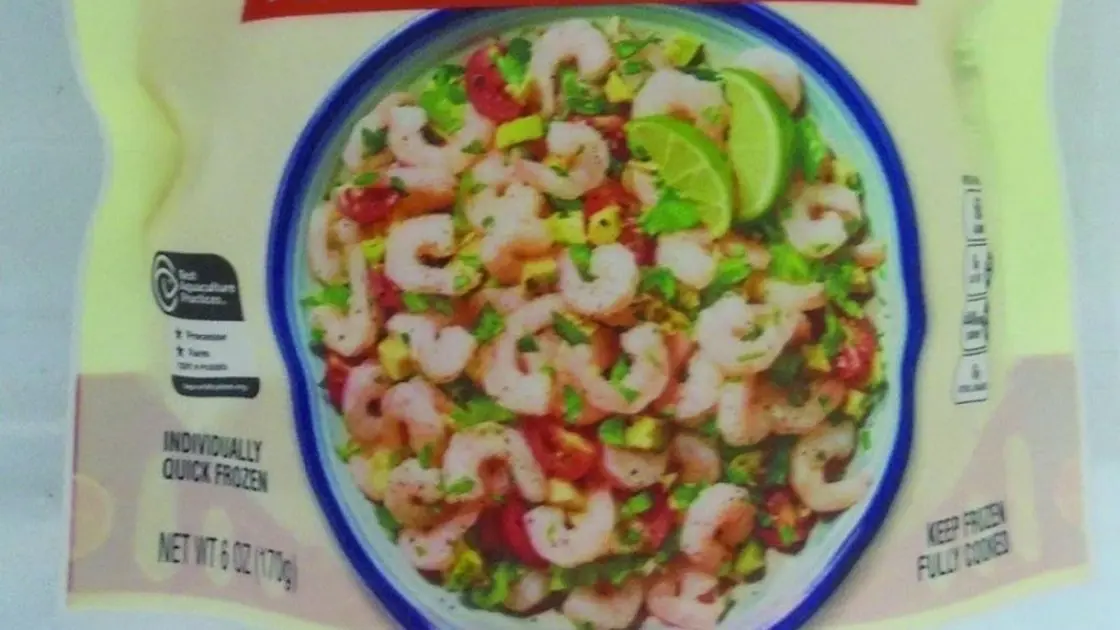
The FDA updates a growing recall of frozen shrimp tied to Cesium-137 with multiple brands and import sources.
Shrimp recall expands amid radioactive contamination concerns
The Food and Drug Administration says several frozen shrimp products sold July 17 through August 8 in nine states are part of an ongoing recall by Southwind Foods, LLC, of Carson, California. The affected brands include Sand Bar, Arctic Shores, Best Yet, Great American and First Street. The recall follows a prior action tied to a Walmart Great Value product that was produced by BMS Foods in Indonesia. No illnesses have been reported, and the FDA notes the shrimp in question were packaged in Indonesia by BMS Foods. The agency said imports from BMS Foods will not be allowed into the United States until the firm resolves the conditions that gave rise to the violation.
The FDA says Cesium-137 contamination is the reason for the recall and will trace all implicated products processed by BMS Foods to determine if any have entered the U.S. food supply. The recall covers both raw frozen and cooked shrimp sold under several brands. At this time, the FDA states no product that tested positive or alerted for Cesium-137 has entered the U.S. food supply.
Key Takeaways
"No illnesses have been reported to date"
FDA status update on safety
"This recall should push regulators to tighten cross-border seafood controls"
Policy implications and calls for stronger oversight
"The system works when testing and tracing keep pace with supply chains"
Editorial remark on process and oversight
Cross-border food supply chains show their fragility in cases like this. A single supplier in Indonesia linked to several brands exposes how risk travels from production lines to shopping carts. The FDA’s push for tracing and enforcement signals a continued commitment to prevent tainted imports from reaching consumers.
Public confidence will hinge on speed and transparency. If testing and tracebacks remain slow, retailers and brands risk eroding trust and losing customers. The episode could push regulators and industry to demand tighter audits and stronger verification for overseas producers to curb similar problems in the future.
Highlights
- Food safety hinges on fast, transparent testing
- Trust grows when tracing is clear and complete
- Global sourcing demands tougher checks and accountability
- Consumers deserve timely, open information about risk
Public health risk linked to imported seafood
The recall points to a potential safety concern in imported seafood linked to Cesium-137. Ongoing investigations and tracebacks are needed to ensure no tainted products reach consumers, and imports from the implicated producer are halted until conditions are resolved.
Regulators will continue to monitor testing and supplier compliance as this story unfolds.
Enjoyed this? Let your friends know!
Related News
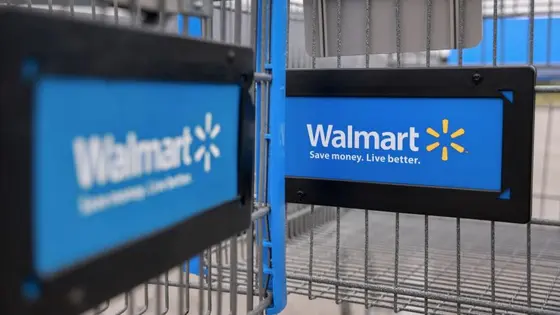
FDA alerts on Walmart shrimp safety

Recall alert for frozen shrimp

Listeria outbreak linked to cheese prompts cross border alert

Radioactive shrimp recall expands

FDA notices Cs-137 risk in Walmart shrimp
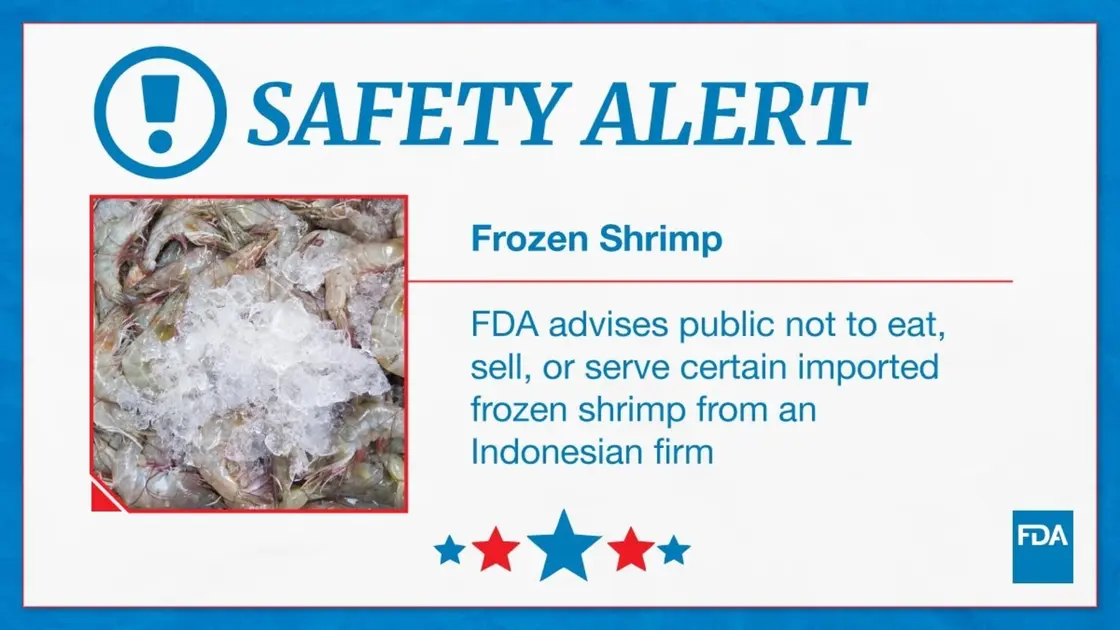
FDA updates seafood safety alert
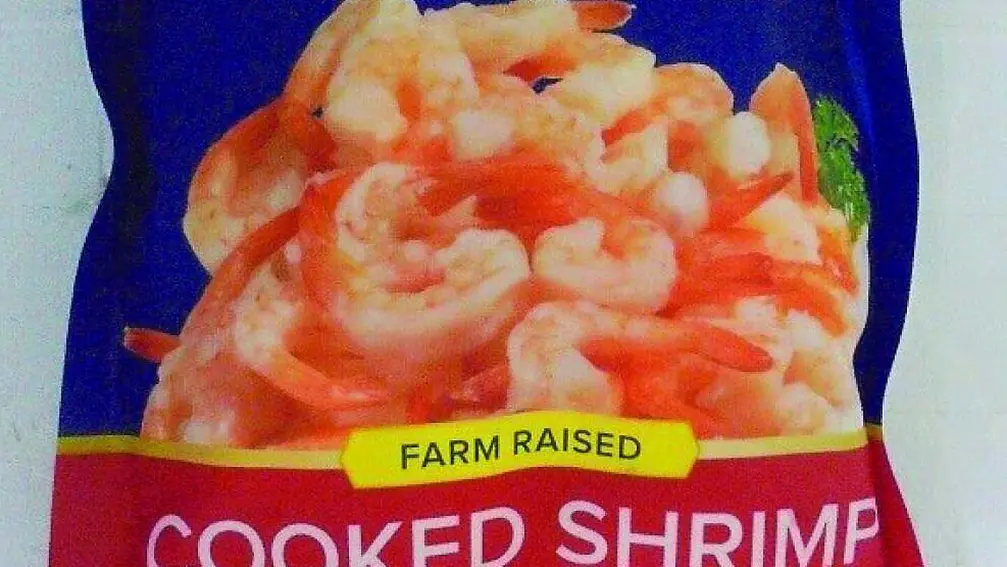
Frozen shrimp recall expands

Walmart recalls shrimp over potential radioactive contamination
